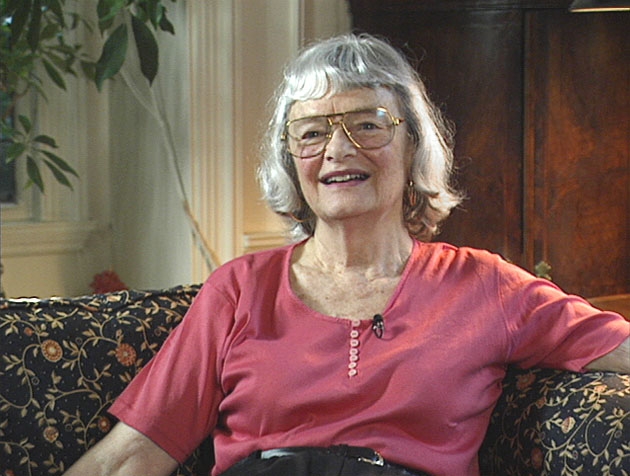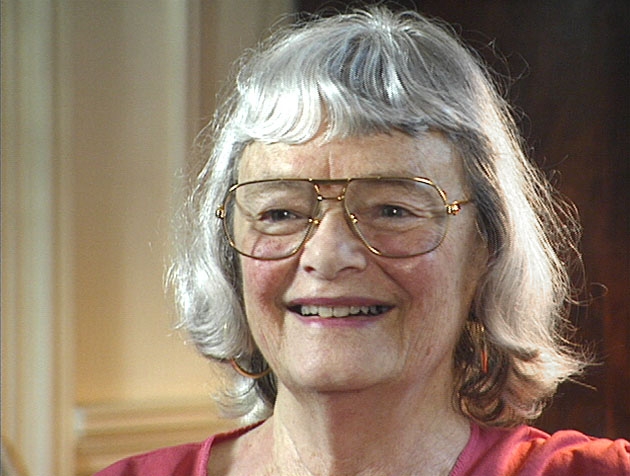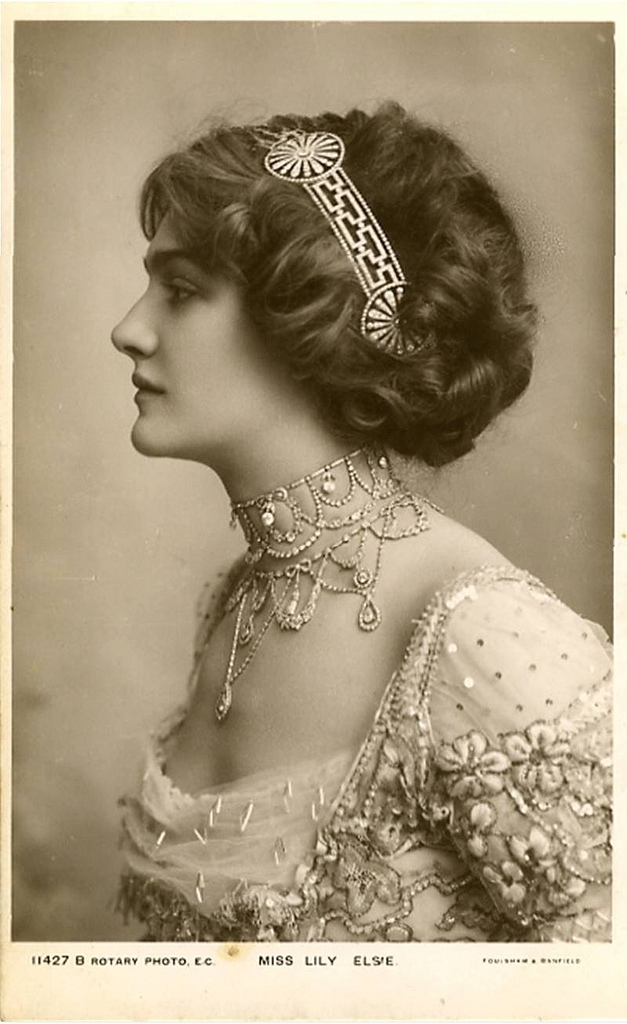Eiger
Rabbi Akiva Eger, or Akiva Güns, Yiddish, (Eisenstadt, 1761 – Poznań, 1837) was an outstanding Talmudic scholar, influential halakhic decisor and foremost leader of European Jewry during the early 19th century. He was also a mohel.Eger was born in Eisenstadt - the most important town of the Seven Jewish Communities of Burgenland, Hungary, (now Austria). He was a child prodigy and was educated first at the Mattersdorf yeshiva and later by his uncle, Rabbi Wolf Eger, (1756-1795) (b. 5516, d. 6 Tishrei 5556), at the Breslau (Wrocław) yeshiva, who later became rabbi of Tziltz and Leipnik. Out of respect for his uncle he changed his surname to Eger. He therefore shared the full name Akiva Eger with his maternal grandfather, the first Rabbi Akiva Eger (1722-1758) (b. 5482, d. 15 Elul 5518), the Mishnas De'Rebbi Akiva who was Rabbi of Zülz, Silesia from 1749 and Pressburg from 1756.
























































